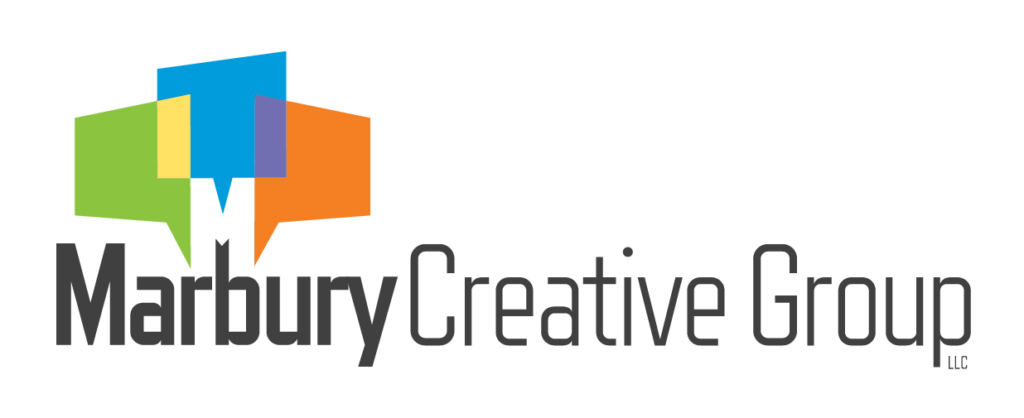Much like going to the doctor for a routine exam, healthcare marketing requires a healthy understanding of your current condition and areas for improvement. The health-related landscape is constantly evolving, so it’s no surprise that effective, sound marketing is essential for providers, pharmaceutical companies, and medical equipment manufacturers alike. Unfortunately for us, there’s no prescription for marketing success; rather, it requires a strategic edge, tailored messaging, and precise targeting. So, say “ahh” as we lay out a treatment plan of five key considerations to aid in your healthcare marketing efforts!
1. Consider Your Messaging
If you’ve been diagnosed with lackluster marketing, start becoming familiar with the structure of your healthcare division to better position your messaging for both business-to-business (B2B) and business-to-consumer (B2C). Whether you are marketing for a pharma, dental, or medical equipment company, each sector has a different target audience of patients, providers, or both! While the creative might look different visually, your messaging should remain consistent. This will ensure, no matter your target, that all relevant parties (patient, doctor, or otherwise) are familiar with the same phrasing and language when talking about your product or service during visits, reinforcing your message.
We saw some success with this in our latest campaign for the pharmaceutical company Alimera Sciences, which targeted patients, potential patients, and retinal healthcare providers. In this, we specifically focused on individuals affected by diabetic macular edema and aligned the messaging with the needs of each group, showing how the product can benefit both patients and doctors through similar language. Before long, we were able to establish a real connection that resonated with each of their audiences.
2. Gain Authority Online
It shouldn’t come as a surprise that effective healthcare marketing requires credibility and established authority. While, of course, this involves having comprehensive knowledge of your areas of expertise, it also means having a credible presence online. There are many ways to optimize your online presence by utilizing strategies like search engine optimization (SEO) and making certain your sites follow the principles of EAT: expertise, authority, and trustworthiness. This can be done effectively through informative articles or blogs that have a clear author section with relevant credentials and experience. Positioning your brand as a credible source of information not only improves visibility but also builds trust with potential patients and partners.
3. Utilize Multiple Channels
Not unlike a healthy lifestyle made up of a rounded-out routine or diet, healthcare marketing should leverage a number of different channels. By utilizing various platforms and tactics, you can target different segments of your audience at different stages of their decision-making process. This approach helps to build a comprehensive and effective marketing funnel and ensures you can find your target wherever they might be.
This tactic was paramount in our campaign for Alimera. In addition to traditional advertising methods like TV, we also utilized social media, digital display, YouTube, and even integrated the message into specialized apps. This diverse approach ensured that their message reached people in unique and impactful ways, setting Alimera apart from competitors in the pharmaceutical space.
4. Leverage Peer-to-Peer Relationships
Never underestimate the power of peer-to-peer influence in the healthcare industry! Particularly prevalent in the pharmaceutical space, the dynamic of the adoption of a product by one healthcare provider often leads to others following suit. Leveraging events, testimonials, and networking opportunities can exponentially amplify your reach and influence within the healthcare community. You are more than likely to have some valuable relationships in your given area of expertise, so utilize them! These relationships can lead to trust, credibility, and success in your marketing efforts. So, tap into the power of your professional network.
5. Determine Target Indicators
If doctors are experts in identifying symptoms, you should be an expert in identifying your target audience. By understanding the search habits and behaviors of your audience, you can tailor your marketing efforts to address their specific needs and concerns. By building detailed buyer personas, you can serve ads based on behavioral indicators that can significantly improve the efficacy of your campaigns through hyper-targeting. This can be done by thinking about the search habits of a potential patient and utilizing tools that will share in-depth insights on your audience. Like what prescriptions they might need, lifestyle choices they make, media they consume, or FAQs they might have.
To illustrate this, our Alimera campaign involved targeting consumers who exhibited behaviors associated with diabetic macular edema (DME). So, by identifying specific indicators for the audience, such as buying sugar-free products and insulin prescriptions, we were able to present ads to individuals who were likely to have DME and benefit from the product.
Remember, there is no magic pill for marketing success in the healthcare industry, but with a dose of these considerations and a spoonful of creativity, you can keep your marketing efforts healthy. So, whether you’re promoting pharmaceuticals or medical equipment, keep your messaging sharp, your channels diverse, your connections strong, and your targeting laser-focused. And, for more ways on how we can cure your marketing woes, visit our website.

